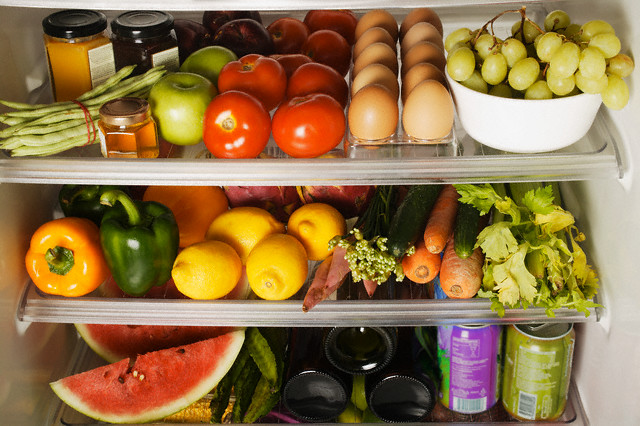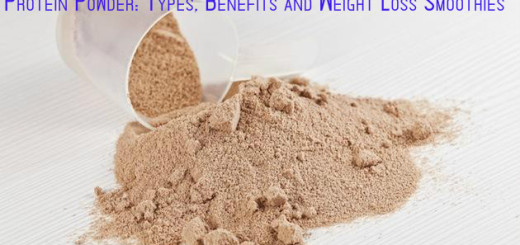What nutritional value do vegetables provide? Nutrition Chart
Parents keep telling children not to pick out and throw away the vegetables in their plates. They try all means to include lots and lots of vegetables in the diets of their kids, but to very little or no effect at all. Well, it is only after growing u that the kids understand the real value of these vegetables. Vegetables are a source of great nourishment for the body, and the benefits they provide are just numerous.  The body needs lots of nutrients to survive and sustain. Vegetables are a store house of all these nutrients. The essential ingredients in them help the human body grow, repair, and survive. They are required in the necessary amounts throughout the life, especially during the growing years. It is the growing years of a kid that determine the child’s health and overall physique as an adult. Proper nourishment is a must during this time. You get all the different nutrients like vitamins, minerals, proteins, carbohydrates, and lots more from vegetables. Including vegetables in your diet is a really healthy way to get all these nutrients in to your system.
The body needs lots of nutrients to survive and sustain. Vegetables are a store house of all these nutrients. The essential ingredients in them help the human body grow, repair, and survive. They are required in the necessary amounts throughout the life, especially during the growing years. It is the growing years of a kid that determine the child’s health and overall physique as an adult. Proper nourishment is a must during this time. You get all the different nutrients like vitamins, minerals, proteins, carbohydrates, and lots more from vegetables. Including vegetables in your diet is a really healthy way to get all these nutrients in to your system.
Importance of Vegetables:
You need to first understand the nutritional value of the vegetables. Get hold of the nutrition chart of vegetables to get an idea about what all are the nutrients you get from these vegetables. After understanding the chart, you will be able to set up a proper diet plan for a daily basis. You need to analyze your body’s requirements and include vegetables in the correct proportion to satisfy these requirements. Chalk out a list of all the vegetables that are available and suitable for you, and also affordable. Mark the nutritional value along with the vegetables in the list. From this chart, you can decide what is needed for your body, and how much is needed. This practice ensures that you never deprive your body of any of the essential nutrients.
Nutrition Chart:
Getting a list of all vegetables and studying each of them is a real lengthy process. Let us first list out what nutrients are required by the human body, and from where we can get each of them. Here are the essential nutrients that the human body can never do without.
Minerals: Under this category, you have several members, like copper, manganese, magnesium, zinc, calcium, iodine, potassium, sodium, phosphorus, and selenium.
- Calcium:This is a very important mineral, which is needed for proper growth of bones. Around 100 milligrams of calcium is needed for adults per day. As for children, the required amount is 800 to 1300 milligrams daily. Vegetables like sprouts, celery, amaranth, French beans, Swiss chard, turnip, okra, kale, and so on contain lots of calcium enough for your daily requirements.
- Copper: Around 1.5 mg to 3 mg of copper is required on a daily basis. You can get the amount from vegetables like peas, beans, potatoes, Amaranth, pumpkin, artichoke, and so on.
- Iodine: Around 70 micro grams to 150 micro grams of iodine is required for children in a day. Adults need an amount of around 150 micro grams per day. Vegetables which are grown in iodine rich soils contain iodine, and consuming them is good for getting this mineral in your diet.
- Iron: Iron is very important for the body. It is needed for maintaining the required haemoglobin count in your blood. Teenagers need around 10 to 15 mg of iron in a day. Adults can do with around 10 to 12 mg daily. Squash, leaks, peas, Brussels, butternuts, and potatoes contain lots of iron, and are good for your health.
There are a number of vegetables that are common in every case. These vegetables provide you almost every essential nutrient in the list. You can turn to fennel, corns, beetroot, okra, lima beans, broccoli, onions, and many other vegetables for other minerals, and maintain an exhaustive intake.
Vitamins:
Vitamins are Vital Minerals, which are important for good health. Both adults and children need enough vitamins in their diet to keep healthy. There are different types of Vitamins like Vitamin A, Vitamin B1, Vitamin B2, Vitamin B3, Vitamin B6, Vitamin B9, Vitamin B12, Vitamin C, Vitamin D, Vitamin E, and Vitamin K. The most common vegetables that are consumed by people contain these vitamins in variable amounts. Some of the vegetables rich in vitamins are broccoli, Alfalfa, carrots, leaves, potatoes, leaks, chard, squash, cabbage, Brussels, amaranth, taro, and so on. You do not get Vitamin B12 from any vegetable. As for Vitamin D, it is present only in Mushrooms, and no other vegetable.
Proteins:
Proteins are the basic building blocks of the human body, and very important for sustenance of life. They are not very commonly found in vegetables. Proteins are found in abundance in non-vegetarian food and dairy products. Since proteins are very important for the body, you must make sure you get the required amount from any of the available sources. As for non-vegetarians, they can get it from meat, fish, eggs, and other such food stuffs. The non-vegetarians need to stick to dairy products for the daily source of proteins.
Vegetables have lots of nutritional benefits for the human body. Keep the advantages in mind, and consume vegetables on a regular basis to get all the nutritional benefits. You need a well balanced diet for good health. Include lots of vegetables in your diet for this purpose. They provide all round protection of your health.




